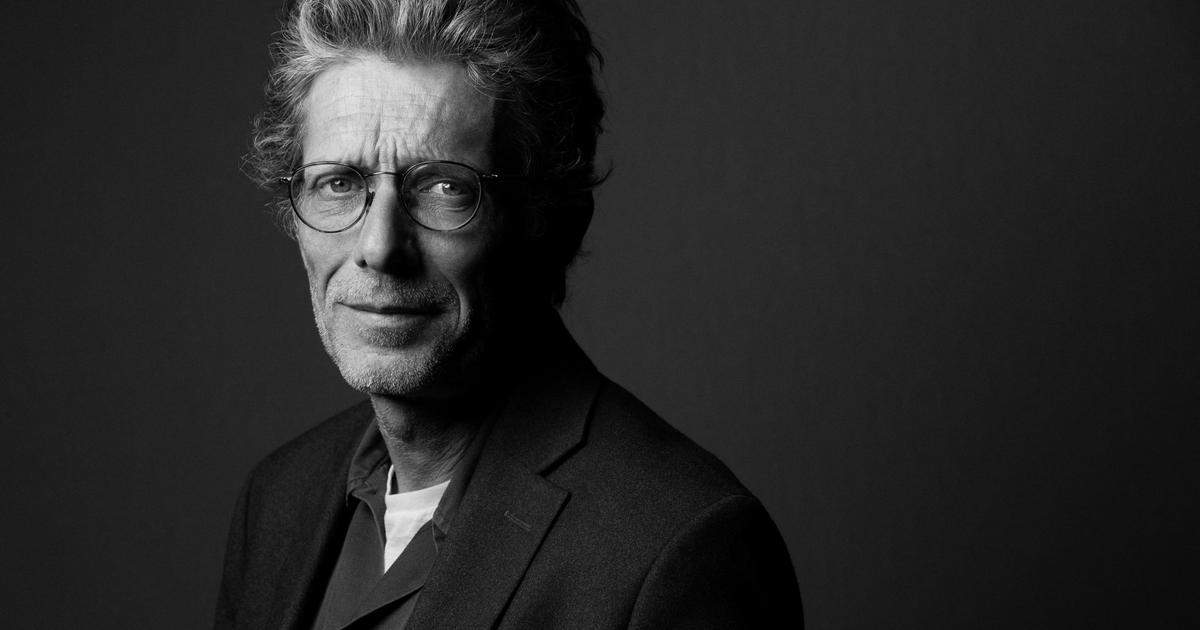Bertrand Tavernier was a torrent of vitality and a well of cinematic wisdom.
Not by chance, the filming diary of one of his most energetic films,
Law 627,
is entitled
What are we waiting for?
The director of
Life and Nothing
Else did not expect, he did and, moreover, tirelessly: he directed films, excellent films, but also wrote film books, presided over the Lumière Institute in Lyon and had been a relentless fighter for the cultural exception of European cinema. .
When, in 1991, we met Mirito Torreiro in his Parisian apartment to write a book about him, he was surrounded by the videotapes that Martin Scorsese sent him to document his monumental
50 years of North American cinema.
.
And since then, if he had any doubts, he called me at home — there were no cell phones at the time — to ask me about obscure Spanish co-productions.
Bertrand Tavernier, prodigious French filmmaker and American film scholar, dies at 79
Bertrand Tavernier, or how to whip la nouvelle vague with elegance
In our book he particularly loved a chapter written by Manuel Vázquez Montalbán about his police films.
We discussed it together with the novelist in a Barcelona restaurant specializing in cod and Tavernier had the
Positif
magazine
publish it in French.
He, in turn, defined Pepe Carvalho as a "lover of crepes, pork trotters with aioli, pickled partridges or snails and who is heated by burning classic books."
A few years later, he found in San Sebastián the perfect triangle between cinema, gastronomy and jazz.
Being president of the festival jury, between the official projection and the tasting menu, he did not miss the projections of the retrospective that year dedicated to the American classic John M. Stahl.
His own filmography is varied and full of great names in French cinema, but Tavernier is always identified behind many of his characters, from the perplexed soldiers of
Life and Nothing else
or
Captain Conan
to the policemen of
Law 627
, the filmmaker Affiliated to the
Safe
-
conduct
Resistance
, the adoptive parents of
Little Lola
or the teacher of
Hoy it all starts
.
Free and stubborn fighters against bureaucratized systems full of contradictions.
Every meeting with Tavernier, whether it was for the premiere of his films or for discussions that we shared in various European cities, was a lesson in cinema.
I was thinking in pictures, in which I had seen and in which I had shot.
But also a reaffirmation of social commitment, humanity and knowledge of History.
After a serious illness, in 2016 we offered him a White Letter at the Filmoteca de Catalunya and he responded with a selection of French films from the 1940s, those that François Truffaut and his colleagues from the
nouvelle vague
had reviled, and that he vindicated with vehemence.
Maurice Tourneur, Decoin, Becker or Autant Lara, directors of that cast, were also part of
The films of my life
, his latest feature film.
He presented it again in Barcelona a year later, precisely on his birthday, which we celebrated in a restaurant located in the Plaza de Vázquez Montalbán, near the Filmoteca.
There we remember the writer, his detective and his snails, but he preferred to taste a good oxtail.
He loved life and nothing else, as long as life includes cinema, history, political commitment, jazz and gastronomy.
Esteve Riambau
is director of the Filmoteca de Catalunya and co-author of
La vida, la muerte: el cine de Bertrand Tavernier
(1992).

/cloudfront-eu-central-1.images.arcpublishing.com/prisa/ISQFV5KUJEGGAECRK2JB26Y5UA.jpg)







